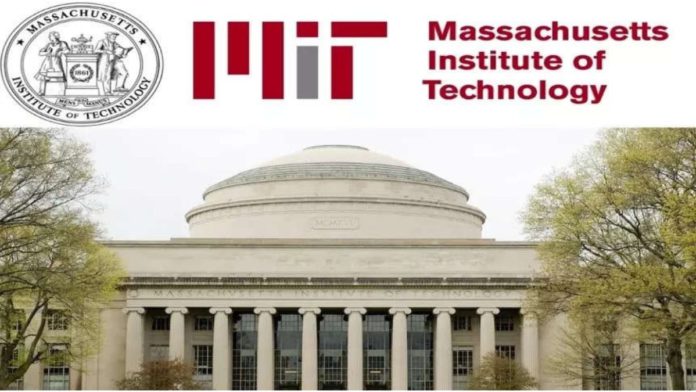Massachusetts Institute of Technology (MIT) announces the launch of its new AI Hardware program aimed to boost artificial intelligence innovations in the hardware industry.
It is a new collaboration between academics and industry aimed at defining and building translational hardware solutions for the AI and quantum age.
According to MIT, its newly launched AI Hardware program will develop a roadmap for cutting-edge AI hardware.
Read More: Debdoot Mukherjee becomes Meesho’s Chief Data Scientist
MIT School of Engineering and MIT Schwarzman College of Computing have partnered to innovate technologies to deliver enhanced energy efficiency systems for cloud and edge computing.
The MIT AI Hardware Program brings together MIT and industry researchers to help bridge the gap between fundamental knowledge and real-world technical solutions in fields like devices, algorithms, and many others. Jess del Alamo and Aude Oliva are co-directors of the new program, which is chaired by Anantha Chandrakasan.
Dean of MIT School of Engineering and Vannevar Bush Professor of Electrical Engineering and Computer Science, Anantha Chandrakasan, said, “A sharp focus on AI hardware manufacturing, research, and design is critical to meet the demands of the world’s evolving devices, architectures, and systems.”
Chandrakasan further added that the future of high-performance computing depends on collaboration between industry and academics. The program invites multiple industry-leading companies as its inaugural members, including Amazon, Analog Devices, ASML, NTT Research, and TSMC.
MIT says that the AI Hardware program will prioritize various topics like analog neural networks, heterogeneous integration for AI systems, software-hardware co-design, AI edge security, wireless technologies, hybrid-cloud computing, etc.
“We are all in awe at the seemingly superhuman capabilities of today’s AI systems. But this comes at a rapidly increasing and unsustainable energy cost,” said Jess del Alamo.
Jess also mentioned that Continued advancement in artificial intelligence would require the development of new, more energy-efficient systems, which will demand breakthroughs throughout the entire abstraction stack, from materials and devices to systems and software.


